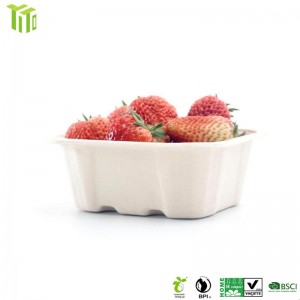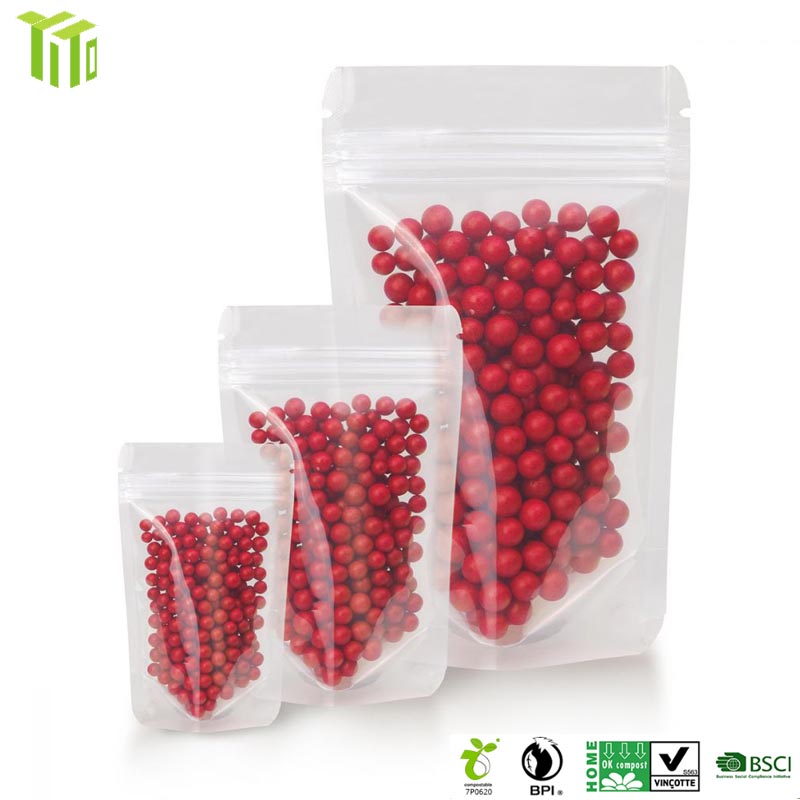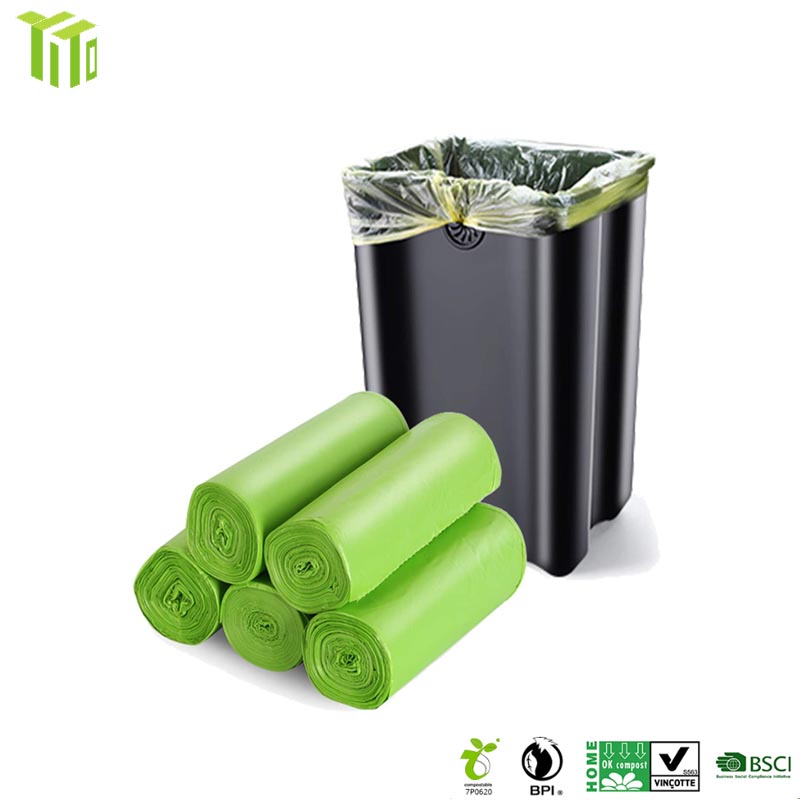WHAT IS COMPOSTING?
Composting is a natural process by which any organic material, such as food waste or lawn trimmings, is broken down by naturally occurring bacteria and fungus in the soil to form compost.1 The resulting materials—compost—is a nutrient-rich soil amendment that looks a lot like soil itself.
Composting can be successful in almost any setting, from indoor bins in condos or apartments, to outdoor piles in backyards, to office spaces where compostable material is collected and taken to an external composting facility.
HOW DO I KNOW WHAT TO COMPOST?
The simplest answer is fruit and vegetable scraps, whether fresh, cooked, frozen, or completely moldy. Keep these treasures out of garbage disposals and landfills and compost them. Other good things to compost include tea (with the bag unless the bag is plastic), coffee grounds (including paper filters), plant prunings, leaves, and grass cuttings. Make sure to break yard waste into small pieces before throwing into a composting heap and avoid diseased leaves and plants as they may infect your compost.
Natural paper products are compostable, but glossy papers should be avoided as they can overwhelm your soil with chemicals that take longer to break down. Animal products like meat and dairy are compostable but often create foul odors and attract pests like rodents and insects. It is also best to leave these items out of your compost:
- animal waste—especially dog and cat feces (attracts unwanted pests and smells and may contain parasites)
- yard trimmings treated with chemical pesticides (may kill beneficial composting organisms)
- coal ashes (contain sulfur and iron in amounts high enough to damage plants)
- glass, plastics, and metals (recycle these!).
Related Products
Post time: Jan-31-2023




